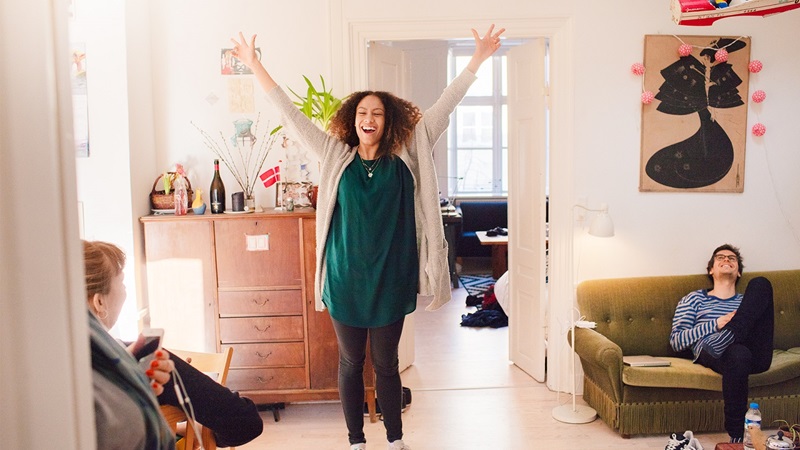Your deposit is a key part of the home-buying process. Whether you are saving, receiving a gift, or applying through a Co-Ownership scheme, it’s essential to organise this early—ideally before making any offers on properties.
Start by understanding how much you’ll need and ensure your funds are ready and accessible when required.
Planning ahead will help make your home-buying journey smoother and more efficient.




